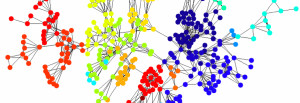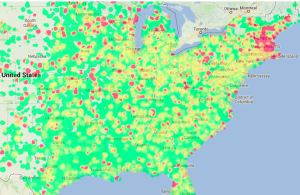
Open Review Brings Peer Review to the Scientific Masses
This seems like a step in the right direction for the world of academic publishing. ResearchGate News announces, “Peer Review Isn’t Working—Introducing Open Review.” We know that increasingly, papers based on shoddy research have been making it into journals supposedly policed by rigorous peer-review policies. Now, ResearchGate has launched a countermeasure—Open Review brings the review process to the public. The write up happily tells us:
“We’re excited to announce the launch of Open Review today. It’s designed to help you openly voice feedback and evaluate research that you have read and worked with, bringing more transparency to science and speeding up progress.
“With Open Review you can:











